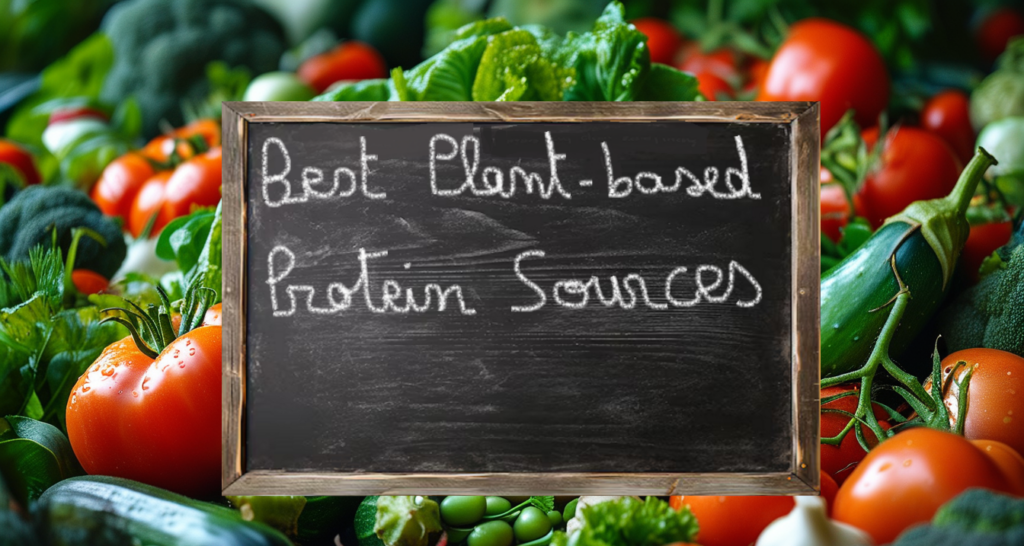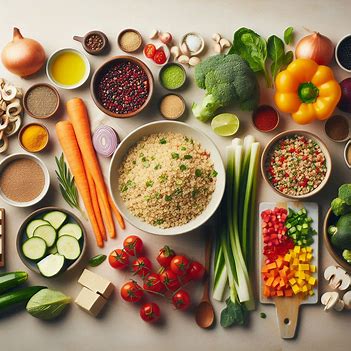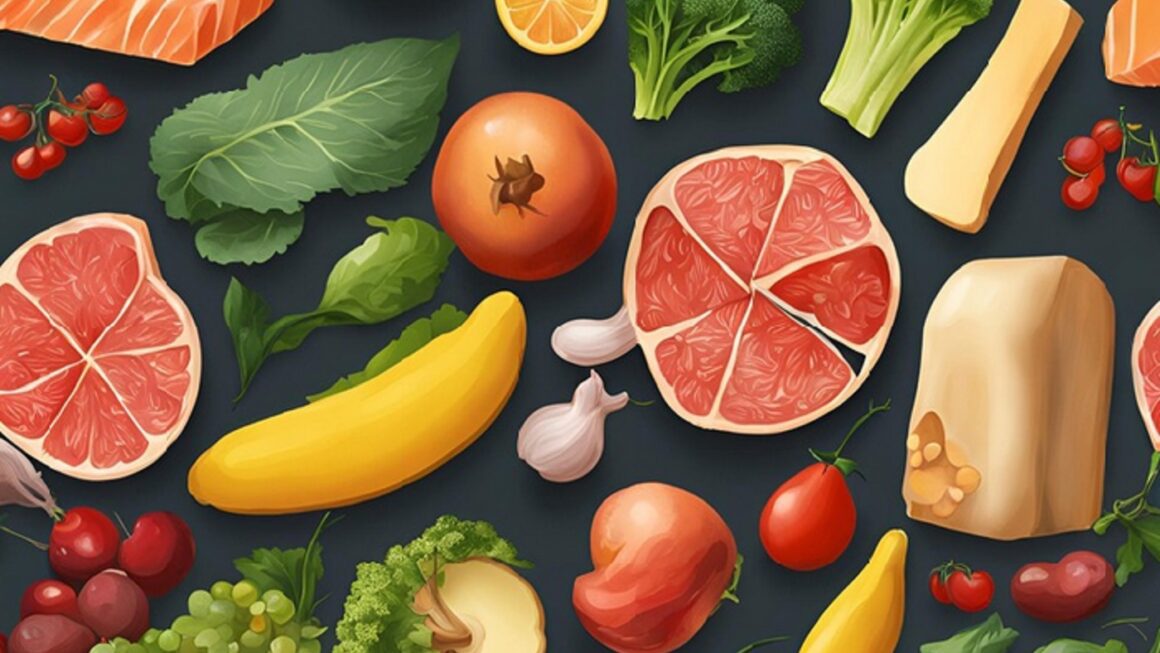Plant-based proteins are very vast to explore. As more people choose a vegan lifestyle for ethical, environmental, or health reasons, a crucial question arises: how can one obtain sufficient protein from an entirely plant-based diet? Protein is an essential macronutrient that plays a key role in building and repairing tissues, producing enzymes and hormones, and maintaining a healthy immune system. This article will guide you through the best plant-based protein sources, offering practical advice on incorporating these foods into your daily diet to ensure an adequate protein intake. Plant-based protein is an excellent support to have a best diet.
Understanding Plant-Based Protein Basics
What is Protein?
Protein is composed of amino acids, often referred to as the building blocks of the body. There are 20 amino acids, nine of which are essential, meaning our bodies cannot produce them and must obtain them through our diet.
Why is Protein Important?
Proteins are vital for:
- Building and repairing muscles and tissues.
- Producing enzymes and hormones.
- Maintaining a healthy immune system.
- Transporting oxygen in the blood.
Protein Requirements
Protein needs vary based on age, sex, weight, and activity level. Generally, it is recommended that adults consume about 0.8 grams of protein per kilogram of body weight per day. Athletes and highly active individuals may require more.

1. Legumes
Legumes are an excellent source of plant-based protein. They include beans, lentils, chickpeas, and split peas.
- Beans: Black beans, kidney beans, and pinto beans are rich in protein. For example, one cup of cooked black beans contains about 15 grams of protein.
- Lentils: One cup of cooked lentils provides about 18 grams of protein and is also a great source of fiber and iron.
- Chickpeas: One cup of cooked chickpeas offers about 15 grams of protein. They can be consumed as hummus, added to salads, or roasted as a snack.
2. Tofu, Tempeh, and Seitan
These meat substitutes are rich in protein and versatile in cooking.
- Tofu: Made from soybeans, tofu is an excellent protein source, with about 10 grams per 100 grams. It can be used in a variety of dishes, from stir-fries to smoothies.
- Tempeh: This fermented soybean product contains about 19 grams of protein per 100 grams. It has a firm texture and a nutty flavor, perfect for stir-fries and sandwiches.
- Seitan: Also known as “wheat meat,” seitan is made from wheat gluten and contains about 25 grams of protein per 100 grams, making it one of the most concentrated plant-based protein sources.
3. Seeds and Nuts
Seeds and nuts are not only high in protein but also in healthy fats, fiber, and various nutrients.
- Chia Seeds: Two tablespoons of chia seeds contain about 4 grams of protein. They can be added to smoothies, yogurts, and used to make puddings.
- Hemp Seeds: Three tablespoons of hemp seeds provide about 10 grams of protein. They are great for salads, smoothies, and cereals.
- Almonds: A handful of almonds (about 28 grams) contains approximately 6 grams of protein. They make an excellent snack or can be added to dishes.
4. Whole Grains
Certain whole grains are also excellent sources of protein.
- Quinoa: Quinoa is a protein-rich grain with about 8 grams per cooked cup. It also contains all the essential amino acids, making it a complete protein.
- Buckwheat: Buckwheat is another gluten-free grain high in protein, with about 6 grams per cooked cup.
- Oats: One cup of cooked oatmeal provides about 6 grams of protein. Oats can be eaten as porridge or added to smoothies.
5. Vegetables
Some vegetables also contain a significant amount of protein.
- Spinach: One cup of cooked spinach contains about 5 grams of protein.
- Broccoli: One cup of cooked broccoli provides about 4 grams of protein.
- Brussels Sprouts: One cup of cooked Brussels sprouts contains about 4 grams of protein.
6. Soy Products
Soy products are among the richest sources of plant-based protein.
- Soy Milk: One cup of soy milk contains about 7 grams of protein. It can be used in smoothies, cereals, or consumed directly.
- Soy Yogurt: Soy yogurt is a great alternative to dairy yogurts, with about 6 grams of protein per serving.
7. Spirulina and Algae Products
Spirulina and other algae are extremely rich in protein and various other nutrients.
- Spirulina: One tablespoon of spirulina powder contains about 4 grams of protein. It can be added to smoothies or used in energy bar recipes.
- Nori: Nori sheets, used for sushi, are also a good source of protein, with about 1 gram per sheet.
Incorporating Plant-Based Protein Sources into Your Diet
Meal Planning
Careful meal planning can help ensure you get enough protein every day. Here are some ideas for incorporating plant-based proteins into your meals:
- Breakfast: Smoothie with pea or hemp protein, oats with chia seeds and soy milk, or tofu scramble with vegetables.
- Lunch: Quinoa salad with chickpeas and greens, tempeh wrap with vegetables and hummus, or lentil soup.
- Dinner: Vegetable curry with tofu or tempeh, black bean chili, or seitan stir-fry with broccoli and brown rice.
- Snacks: Mixed nuts and seeds, hummus with raw vegetables, or homemade energy bars with hemp seeds and spirulina.
High-Protein Recipes
- Quinoa and Chickpea Salad: Mix cooked quinoa with chickpeas, fresh vegetables, herbs, and a tahini-based dressing.
- Tofu and Broccoli Stir-Fry: Stir-fry firm tofu with broccoli, carrots, and bell peppers in a soy-ginger sauce.
- Lentil Burgers: Make lentil patties by mixing cooked lentils, rolled oats, grated vegetables, and spices. Cook until crispy on the outside.
Plant-Based Protein Supplements
For those who struggle to meet their daily protein needs through diet alone, plant-based protein supplements can be helpful. Pea, rice, hemp, or soy protein powders can be added to smoothies, soups, or baked goods.
Avoiding Protein Deficiency
Monitoring Essential Amino Acid Intake
It is important to consume a variety of protein sources to obtain all essential amino acids. Food combinations like rice and beans can help ensure your diet is complete in terms of amino acids.
Tracking Nutrient Intake
Using a nutritional tracking app can help monitor your protein and other essential nutrient intake. This can be particularly useful for new vegans adapting to their new diet.
Consulting a Nutritionist
If you have concerns about your protein intake or other aspects of your vegan diet, consulting a nutritionist specializing in plant-based nutrition can be beneficial.
Conclusion
Obtaining sufficient protein on a vegan diet is entirely possible with a well-planned and varied approach. By incorporating a range of protein-rich plant foods into your meals and being mindful of your nutrient intake, you can enjoy a healthy and balanced vegan diet. Whether through legumes, soy products, seeds, nuts, whole grains, vegetables, or supplements, there are plenty of options to meet your protein needs and maintain optimal health. More on plant-based protein here.




